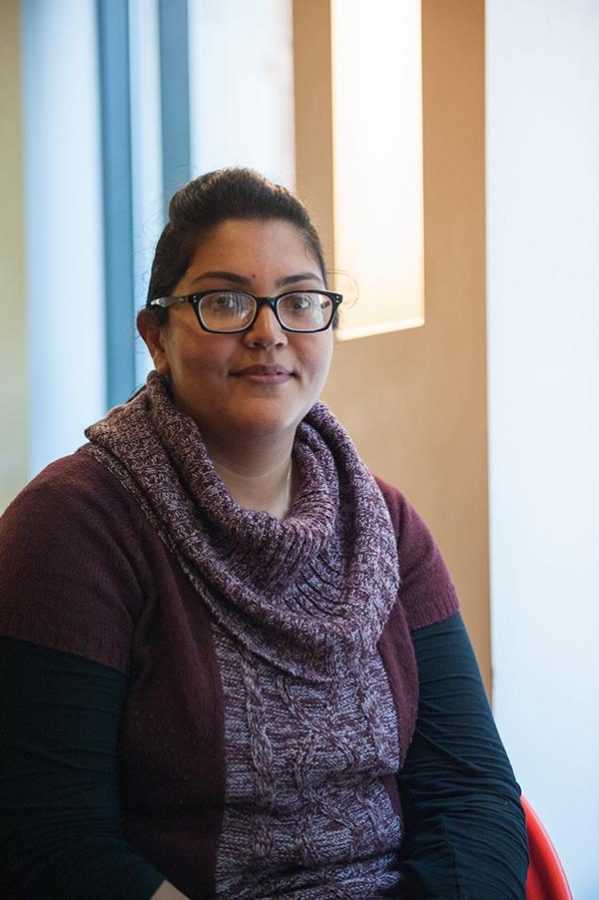TAs face challenges over university policy
November 10, 2014
Syeda ShahBano Ijaz, a GSAS student, is working on her doctorate in politics, teaching two recitations of 25 students each and raising her 1-year-old daughter. Ijaz is also involved in the Graduate Student Organization Committee. Ijaz was initially drawn to GSOC because NYU’s child benefits provide a subsidy of only $200 per semester that could not cover basic necessities — let alone child care — for her daughter.
Ijaz said if NYU acknowledged the realities of its graduate parents by providing daycare, more child subsidy for babysitting, maternity leave or an additional year of funding for doctoral students, then both parents and the university would benefit.
“[NYU] could get so much more out of me and out of other graduate parents if they gave such options,” Ijaz said.
In December 2013, 98.4 percent of graduate employees voted to unionize after being without a contract since 2005. GSOC is the first graduate employee union at an American private university to be recognized as a collective bargaining unit and to negotiate a contract.
GSOC and NYU released a joint statement commenting on the contract establishing the union in 2013.
“We are confident this agreement … will improve the graduate student experience, and will sustain and enhance NYU’s academic competitiveness,” the statement read.
Lily Defriend, a GSAS student working to attain her doctorate in anthropology, is one of the eight elected representatives on GSOC’s bargaining committee. The bargaining committee works to develop a contract with NYU and provide better working conditions for graduate student employees, including teaching assistants.
In addition to negotiating improved healthcare and family benefits, there has been a push for NYU to address the disparity between its Washington Square campus graduate employees and those at the Polytechnic School of Engineering, who are paid as low as $10 per hour and must cover their own tuition and health care expenses.
“TAs and graduate workers do a substantial amount of work that builds reputation as an excellent institution to come get your degree, and we deserve compensation that reflects that work,” Defriend said.
Negotiations between GSOC and the university are ongoing.
As students themselves, TAs can often be one of students’ most valuable assets as they navigate difficult courses, particularly large ones where professor contact is limited. CAS sophomore Michael DeLuca attested to this, saying TAs can help students stay on track and not be overwhelmed by large lectures.
“TAs give a more approachable and relatable alternative to professors,” DeLuca said. “They’re younger, they sometimes come from interesting and niche fields, and can offer a perspective different from or at odds with the main professor’s, and that’s always a good thing.”
Though there are financial challenges associated with being a TA, there are also many upsides. Amanda Perry, a graduate student studying for a doctorate in comparative literature, is a TA for a social and cultural analysis class.
Perry makes an effort to teach classes in her field of study, though between school and teaching, she estimates that she reads approximately 800 pages each week.
“Sometimes it can be a pretty happy synthesis where you’re getting paid to learn things you should know anyway, so I actually quite like TA-ing for that reason,” Perry said.
A version of this article appeared in the Monday, Nov. 10 print edition. Email Monica Millay at [email protected].


























































































































































